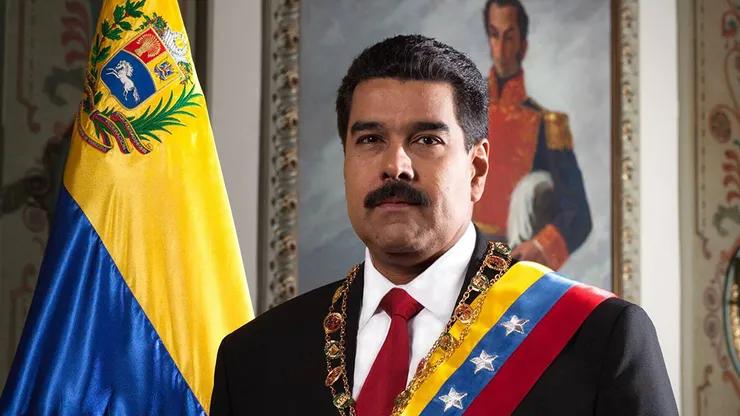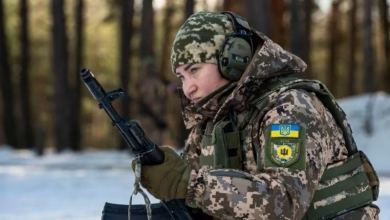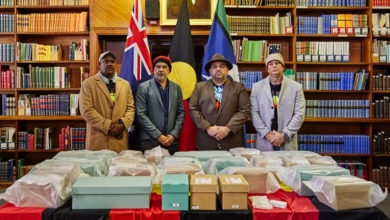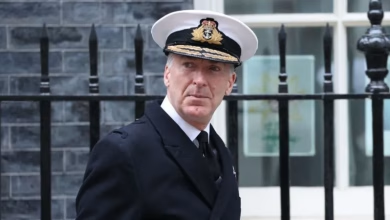Venezuelan President Nicolás Maduro has announced that Christmas will be celebrated in October this year. During his weekly television show on Monday, Maduro stated, “It’s September, and it already smells like Christmas,” and declared that an early Christmas would begin on October 1. He framed this move as a gesture of gratitude and tribute to the Venezuelan people, aiming to bring a sense of joy and relief amid the country’s ongoing difficulties.
The decision comes in the wake of significant unrest and turmoil following July’s contested presidential election, which has exacerbated Venezuela’s political and economic crisis. Critics argue that moving Christmas to October is a strategic distraction, intended to shift public attention away from the pressing issues facing the nation. While some view the gesture as an attempt to uplift spirits, others see it as a superficial measure that does not address the underlying challenges.
Christmas holds significant importance in Catholic-majority Venezuela, and the idea of celebrating the holiday season amid the country’s current turmoil has met with mixed reactions. Jose Ernesto Ruiz, an office worker in Caracas, expressed his skepticism to the Associated Press, saying, “Christmas is supposed to be a time of joy, family reunions, parties, presents… but with financial struggles and the ongoing political crisis, who can believe there will be an early Christmas?”
This is not the first time President Nicolás Maduro has adjusted the Christmas calendar. He similarly moved up the holiday celebrations during the COVID-19 pandemic, reflecting a pattern of using early festivities as a means to address or distract from prevailing issues.
pposition parties in Venezuela continue to challenge the legitimacy of the July election, asserting that President Nicolás Maduro is unlawfully retaining power. They allege that his administration is characterized by extensive cronyism and corruption, which has severely damaged the nation’s economy.
The situation has been exacerbated by a widespread crackdown on dissent, raising further concerns about the country’s stability. Reports indicate that over 2,400 individuals have been detained, including journalists, politicians, and aid workers, as noted by news agency AFP. This harsh repression has intensified scrutiny of the government’s actions and policies.
International reactions have been critical, with the US, EU, and several Latin American countries condemning the election results as fraudulent. These entities support the opposition’s claim that their candidate, Edmundo Gonzalez Urrutia, is the rightful winner, highlighting the ongoing controversy and division surrounding the electoral process.




